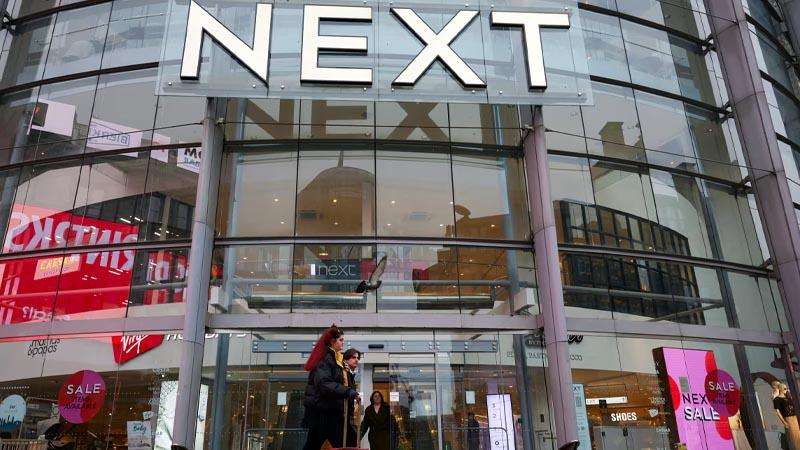Next has reported annual profits exceeding £1bn for the first time but cautioned about increasing risks to the UK economy, warning that large businesses cannot sustain the financial burden of "excessive regulation" and government debt.
The retailer announced that pre-tax profits rose by 10% to just over £1bn, excluding one-off costs such as a £15m pension charge, for the year ending in January. This growth was driven by an 8.2% increase in sales, reaching £6.3bn, largely fueled by strong international performance and the success of third-party brand sales.
Chief executive Simon Wolfson stated that he now anticipates profits of £1.06bn for the upcoming year, £20m higher than previously forecast, citing stronger-than-expected trading in the first eight weeks of the new financial year.
Despite optimism about the company’s performance, Wolfson, who is also a Conservative peer, highlighted growing risks to the broader UK economy. He warned that April's tax increases could weaken the job market and dampen consumer confidence as the year progresses.
Next expects rising labour costs, including increases in national insurance and the minimum wage, to add £67m in expenses, while a new packaging tax will contribute an additional £6m. However, the company plans to mitigate these costs through operational efficiencies, reduced electricity expenses, and a 1% price increase, which is expected to save £13m.
Wolfson emphasized that achieving £1bn in profits did not mean the company’s shareholders could shoulder unnecessary expenses. He argued that large businesses are not made up of a few wealthy individuals with “broad shoulders” capable of absorbing excessive regulatory costs and government financial burdens.
In a detailed statement, he urged policymakers to recognize that increasing financial pressures on big businesses ultimately affect "ordinary" people—through higher consumer prices, fewer job opportunities, and lower pension incomes for savers.
Next’s latest results also revealed that UK sales of its own-brand products remained flat, with declines in physical store sales offset by growth in online shopping. While the brand expanded internationally, much of the overall sales growth stemmed from third-party brands it owns, such as FatFace and Reiss, as well as other labels sold through its online platform.
The company confirmed that it had not acquired any new brands over the past year but had decided to launch an online warehousing logistics service to better utilize spare capacity in its storage facilities.
_2.jpg)

_2.jpg)





.svg)




